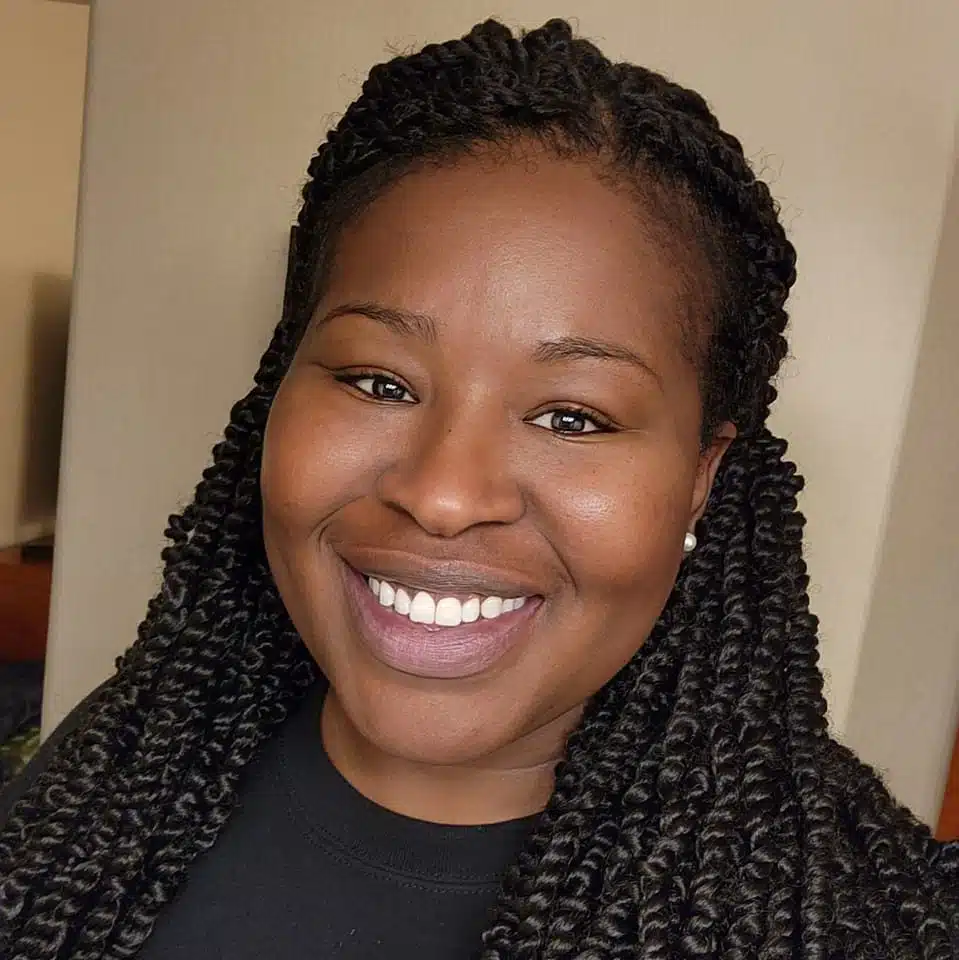

Invited Speaker
Dr Sheena Harvey
Director of the Fitness and Recreational Sports (FRS) Department
University of Nevada
Black college women, especially those who are first-generation and low-income (FGLI), navigate higher education with intersecting identities that often render their experiences invisible. While much research has focused on Black college men or broader first-generation populations, the nuanced realities of Black college women at predominantly White institutions (PWIs) remain understudied. This presentation will share findings from a dissertation study exploring how FGLI Black college women, who participated in campus fitness programs, built and accessed social capital within the often exclusionary spaces of higher education. Drawing on Critical Race Theory and Bourdieu’s concept of social capital, the research revealed both the challenges and triumphs these women faced from racial microaggressions and stereotyping to the creation of powerful support systems through campus counter spaces, peer groups, and affirming relationships with staff and administrators.
Webinar attendees will gain insight into the structural barriers confronting FGLI Black college women, the transformative impact of culturally relevant support systems, and practical implications for higher education practitioners, researchers, and policymakers looking to promote equity and belonging on college campuses and universities.
About the presenter:
Dr. Sheena Harvey is currently serving as the Director of the Fitness and Recreational Sports (FRS) Department at the University of Nevada, Reno. She holds a PhD in Education (Equity and Diversity) from the University of Nevada, Reno. She enjoys researching all components surrounding collegiate fitness, recreation, and sports and their pivotal role in supporting student success in higher education. Her dissertation research was focused on first-generation low-income (FGLI) Black college women and their experiences in campus fitness. In this research she is explored the relationship between collegiate fitness programs, social capital, social network connections, while also exploring how race, gender, and social class intersects in student participant experiences. Outside of her work in higher education, she engages in promoting positive community health practices serving on various boards and commissions within her community that help breakdown some of the preconceived notions associated for racially marginalized population health disparities, and their access to environments to conduct physical activity. Her community work and involvement also include leading youth fitness exercise engagement initiatives and mentorship throughout the Reno/Sparks community.
About Our Webinar Series
This event is part of our regular webinar sessions for social capital researchers including PhD/master students. These sessions include invited presentations from prominent scholars as well as presentations by PhD students and experts in professional practice.
For social capital researchers, these sessions are an opportunity to hear about the latest social capital research and insights from scholars working on the concept. They can be a great way to connect with people, to get advice, discuss ideas or issues, get suggestions for literature to read, or you can just listen.
Are you researching social capital and want to present your research? Click here for more information and to submit a proposal.
Generally, presentations can be 20 to 30 mins. The content of your presentation will depend on your research stage.

